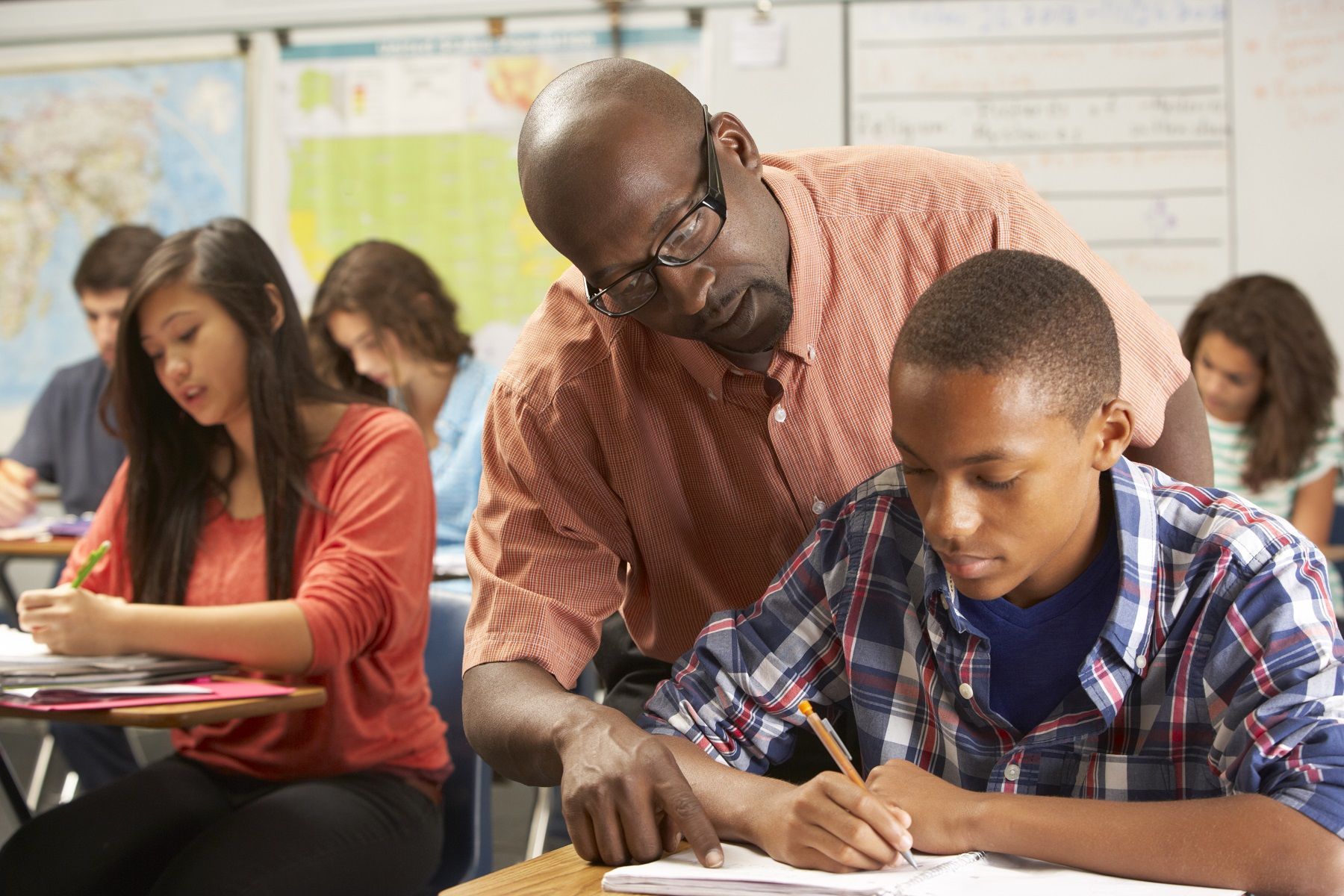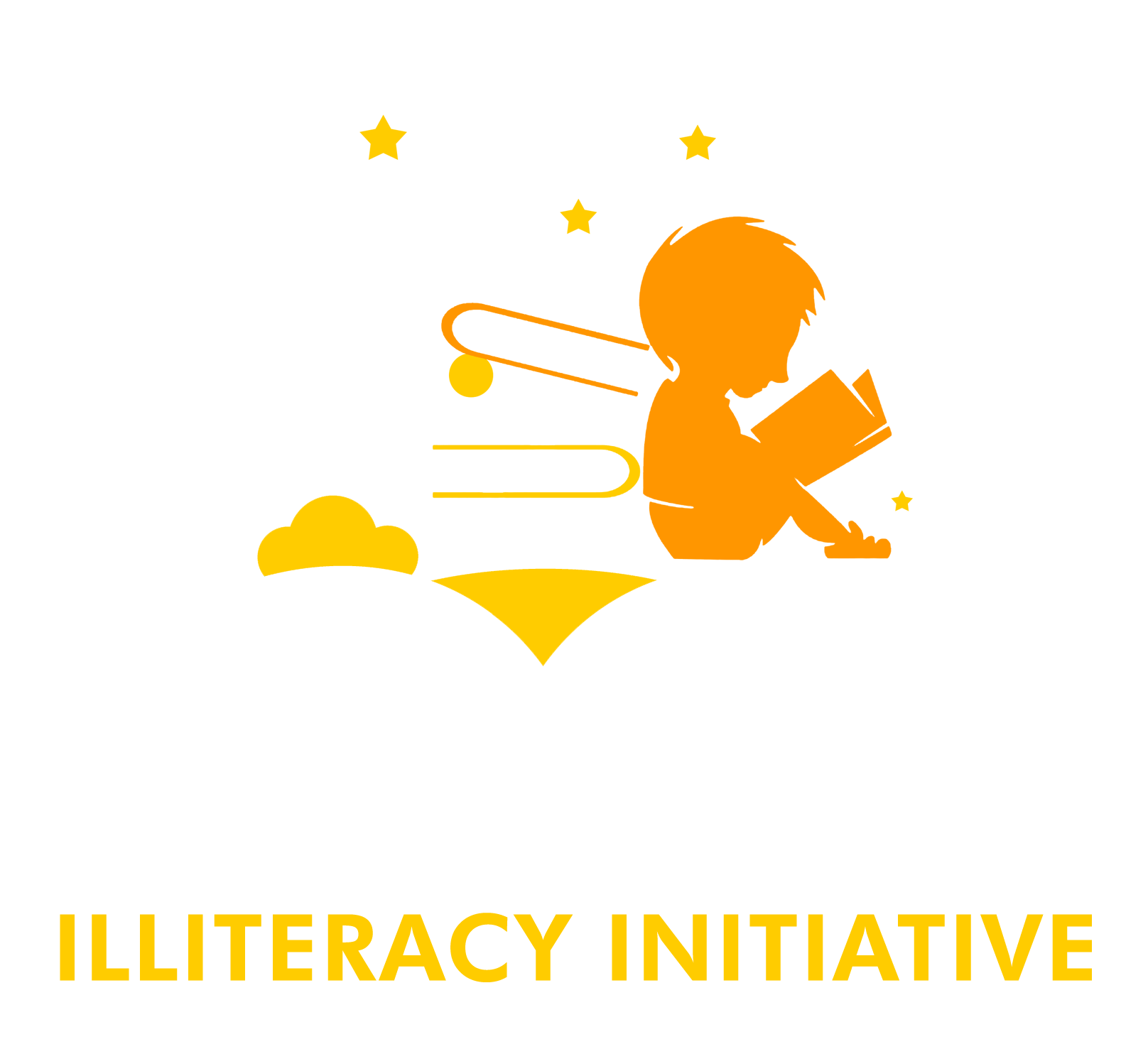The Global Illiteracy Crisis: A Look at Rates and Impact Across Nations
Illiteracy: A Global Crisis
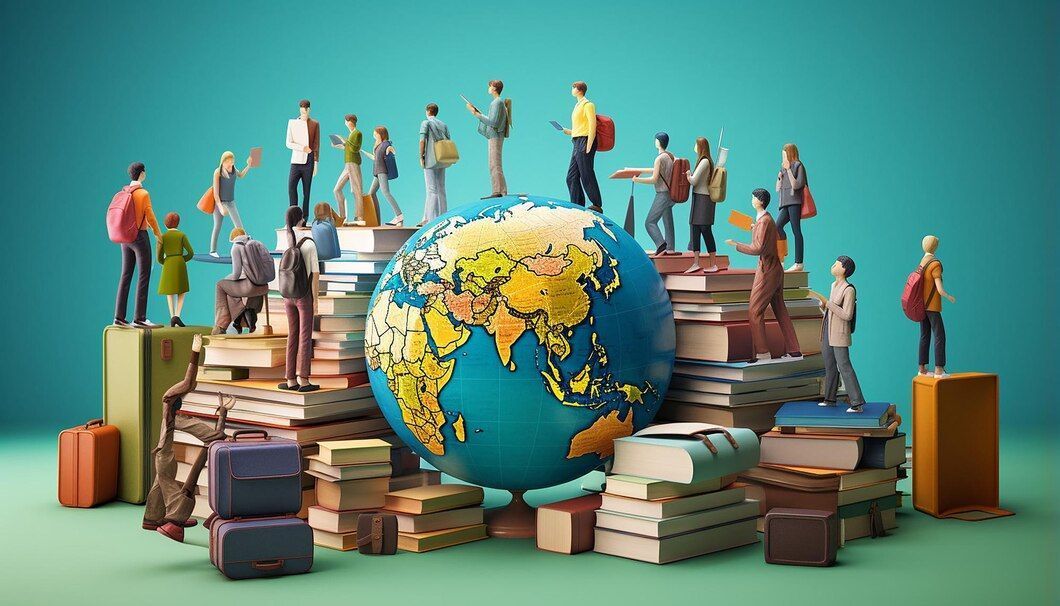
Illiteracy remains a major worldwide issue in 2023, with hundreds of millions of adults and children unable to read or write. According to UNESCO, there are still 771 million illiterate people around the globe, with two-thirds of them being women. While literacy rates have improved in recent decades thanks to increased access to education and government programs, illiteracy continues to plague many parts of the developing world.
Sub-Saharan Africa has the lowest overall literacy rates in the world. Countries like South Sudan, Niger, and Chad have adult literacy rates of less than 35%. Poverty, lack of schools and teachers, outdated teaching methods, and cultural attitudes toward education contribute to low literacy levels in this region. Conflict and displacement also disrupt education for huge numbers of children in countries such as Nigeria, DRC, Somalia, and Mali. Girls face additional barriers, with child marriage and gender discrimination keeping many out of the classroom.
South and West Asia is another area with major literacy challenges. India is home to the largest illiterate population, with over 287 million people unable to read or write. Other countries with significant illiteracy issues include Pakistan, Bangladesh, Afghanistan, and Nepal. Factors such as poverty, gender inequality, underfunded school systems, child labor, and remote villages with no access to education all drive high illiteracy rates across the region.
The Middle East and North Africa has seen improvements in recent decades, but adult literacy is still only around 80%. Rural women face particular disadvantages, with literacy rates below 60% in countries like Morocco, Egypt, and Iraq. Early school dropout, conflict, outdated teaching techniques, and lack of emphasis on education for girls has hindered literacy efforts in this region.
Latin America has relatively high literacy rates, but countries like Guatemala, Nicaragua, El Salvador, and Honduras still have over 20% illiteracy. Specific groups including rural women, the elderly, indigenous communities, refugees, and the disabled are disproportionately impacted by lower literacy levels. Lack of mother tongue education is a key barrier for indigenous groups.
While great progress has been made toward universal literacy, achieving 100% literacy worldwide remains an immense challenge. Concerted efforts and funding are needed to reach marginalized groups, rural communities, girls and refugees. With literacy so crucial for breaking cycles of poverty and empowering populations, tackling this global crisis must remain a top priority. Increased educational initiatives, modern teaching approaches, and community-based programs focused on women and girls can help make major strides toward an entirely literate world.
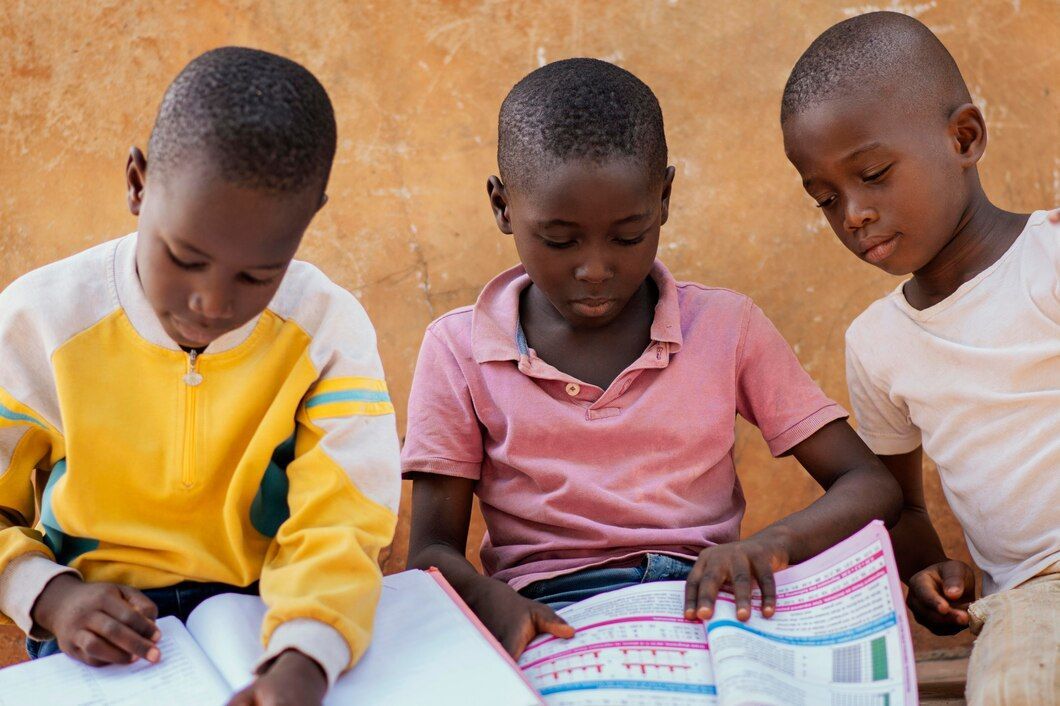
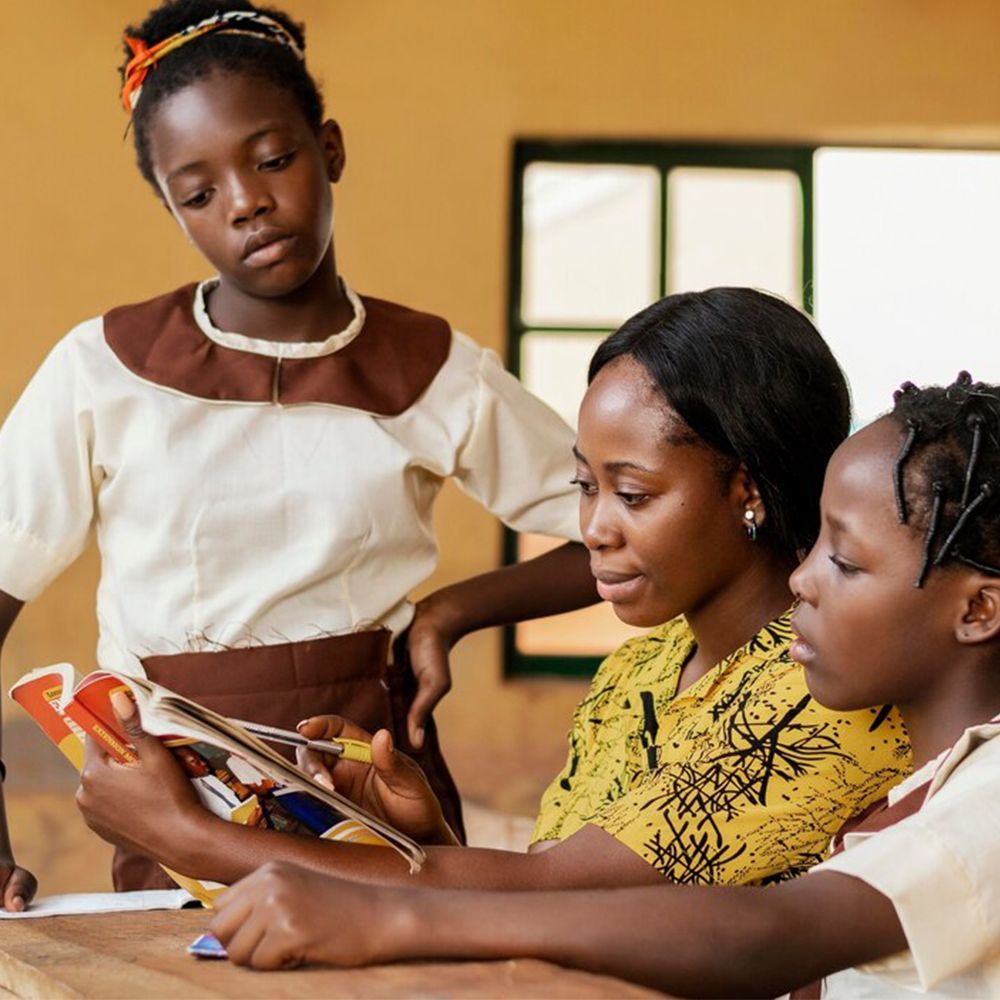
Contact Info
Address:
8000 Avalon Blvd Ste 100
Alpharetta, Georgia 30009
United States
Phone: +1 (404) 977-4995
Email: info@kidsmuve.org
KIDZ MUVE, INC. d/b/a KIDS MUVE INTERNATIONAL is a 501c3 tax exempt Non-Governmental Organization (NGO) based in the USA
© 2023 KIDS MUVE INTERNATIONAL. All Rights Reserved. PRIVACY POLICY

